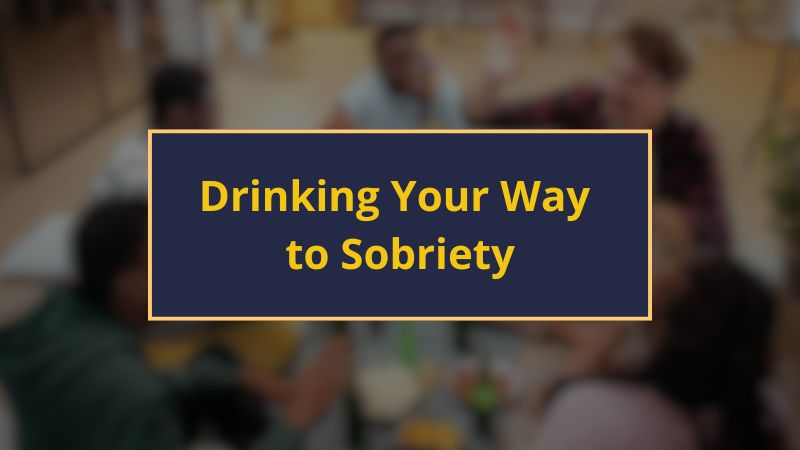Video games have grown from a hobby into a major part of everyday life. From early arcade games like Pac-Man to today’s immersive online worlds and competitive esports, gaming has evolved into an industry that entertains billions around the globe.
For many, playing video games is a fun, social activity and even a way to build skills such as problem-solving and teamwork. But for some people, especially young people, gaming can slip from being an enjoyable pastime into something more concerning: gaming addiction.
The World Health Organization added “gaming disorder” to its list of recognized conditions in 2019, reflecting growing awareness that, for some, gaming can become more than just a hobby. Not everyone who enjoys games has an addiction. The key difference is whether gaming starts to interfere with daily life in harmful ways.
What Is Gaming Addiction?
Gaming addiction means playing video games so much that it begins to harm other parts of life, like school, work, friendships, relationships, sleep, or physical health. A person might feel restless, irritable, or anxious when not playing, or might lose interest in activities they once enjoyed. They may repeatedly stay up too late or skip responsibilities because of games.
Why This Matters for Caregivers
Caregivers often notice early signs: children or teens withdrawing, grades slipping, or arguments breaking out over “just one more game.”
For parents without a gaming background, it can also feel confusing: how do you know if gaming is simply a child’s interest, or something that’s becoming unhealthy?
The good news: You don’t have to figure this out alone. Our new self-check tool called “I’m Concerned About My Gaming Habits” is designed to help you or your loved one reflect on whether gaming might be causing problems.
How Screeners Help
It’s important to remember that screeners are not a diagnosis. Instead, they are conversation starters, they are tools that help you measure and reflect on behaviors you may already be concerned about
If you have concerns, know that you are not alone. By exploring these resources, you are taking a positive step toward understanding your loved one’s world and finding healthy balance together.
Not all intense gaming is gaming addiction.
Effects of Gaming Addiction
- Physical Health Effects. Late-night gaming sessions and irregular sleep patterns can cause chronic fatigue. Long hours of sitting increase chances of obesity, cardiovascular issues, as well as back pain or wrist pain. Some players even skip meals, eat poorly, or overlook basic self-care. Plus prolonged screen time can result in eye strain, blurred vision, and headaches.
- Mental and Emotional Health. Excessive gaming may cause increased anxiety and depression, mood swings and irritability. Games can also become the primary coping mechanism for stress or negative emotions. Also with gaming, the brain’s reward system adapts to quick, repeated gratification loops from gaming, so gamers may develop reduced impulse control.
- Cognitive Effects. Someone with gaming addiction may experience decreased academic or work performance, reduced focus, procrastination, as well as poor memory and concentration. They may also have difficulty prioritizing tasks outside of games.
- Social Effects. All the time spent gaming may result in isolation, withdrawing from family, friends, and in-person social interactions. Spending so much time cultivating online interactions can weaken their real-world communication skills.
ADHD and Video Game Addiction
Studies show individuals with ADHD are more likely to meet criteria for Internet Gaming Disorder (IGD) than those without ADHD, according to the Journal of Attention Disorders. ADHD symptoms like impulsivity, attention deficits, and poor executive control are linked to greater severity. ADHD involves dysfunction in reward and inhibitory control systems, which may make the instant gratification and reward loops in many games particularly compelling.
Because gaming addiction often overlaps with ADHD, anxiety, or depression, interventions need to be multi-layered. Experts recommend blending behavioral strategies, family involvement, and sometimes professional therapy.
What Video Games Are Considered Most Addictive?
Different games are often cited as highly addictive, typically due to their reward structures, social engagement, or immersive gameplay. Games like Minecraft, Roblox, and Fortnite as well as Rocket League, League of Legends, and Stardew Valley.
Tips for Parents Dealing with Video Game Addiction
- Parental Boundary-Setting. Parents and guardians play a critical role in gaming habits. Establish clear limits on screen time and stick to them consistently. Use natural breaks in gameplay, like at the end of a match or level, as stopping points. Encourage balanced routines that include outdoor play, chores, and homework before gaming.
- Family Engagement. Involve kids in creating the rules so they feel some ownership. Replace screen time with shared activities, like board games, family sports, or crafts. Keep the lines of communication open; instead of shaming or punishing them, talk about the “why” behind limits (health, school, social life).
- Structured Offline Activities. Idle time can play a part in video game addiction. Sign children up for sports, clubs, or arts programs, and encourage hobbies that deliver a sense of progression like video games do.
- Professional Support. For moderate to severe cases of video game addiction, a therapist can help by teaching coping strategies and restructuring thought patterns. Family therapy can address underlying conflicts and improve household dynamics.
- Healthy Gaming Habits. Instead of demonizing video games altogether, try to encourage healthier relationships with gaming. Introduce games that promote movement, like VR fitness games, or games that boost creativity, like Minecraft building projects. Also remember that children mirror adults, so model healthy screen time habits.
For support on gaming addiction, visit Gaming Addicts Anonymous.





